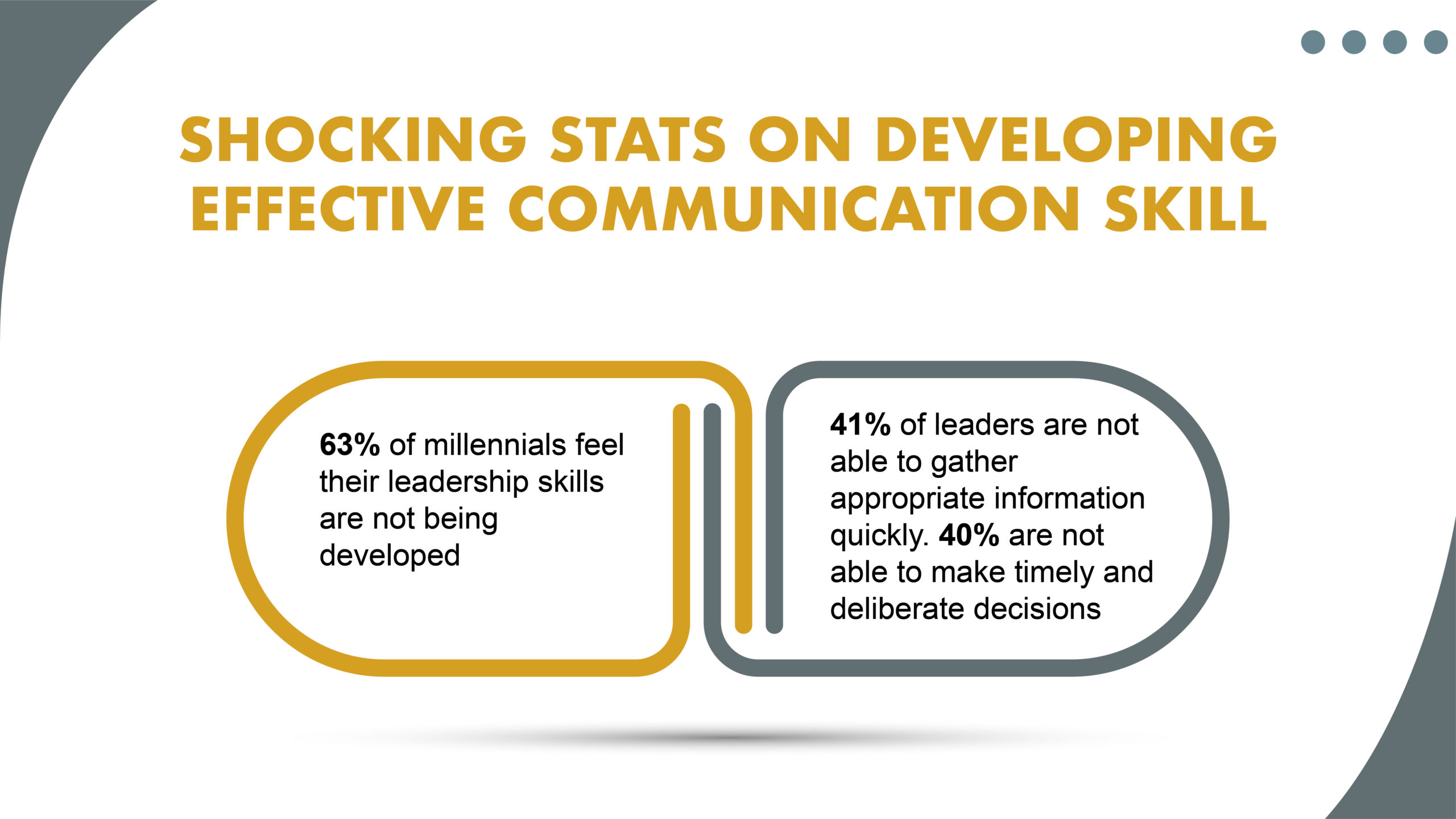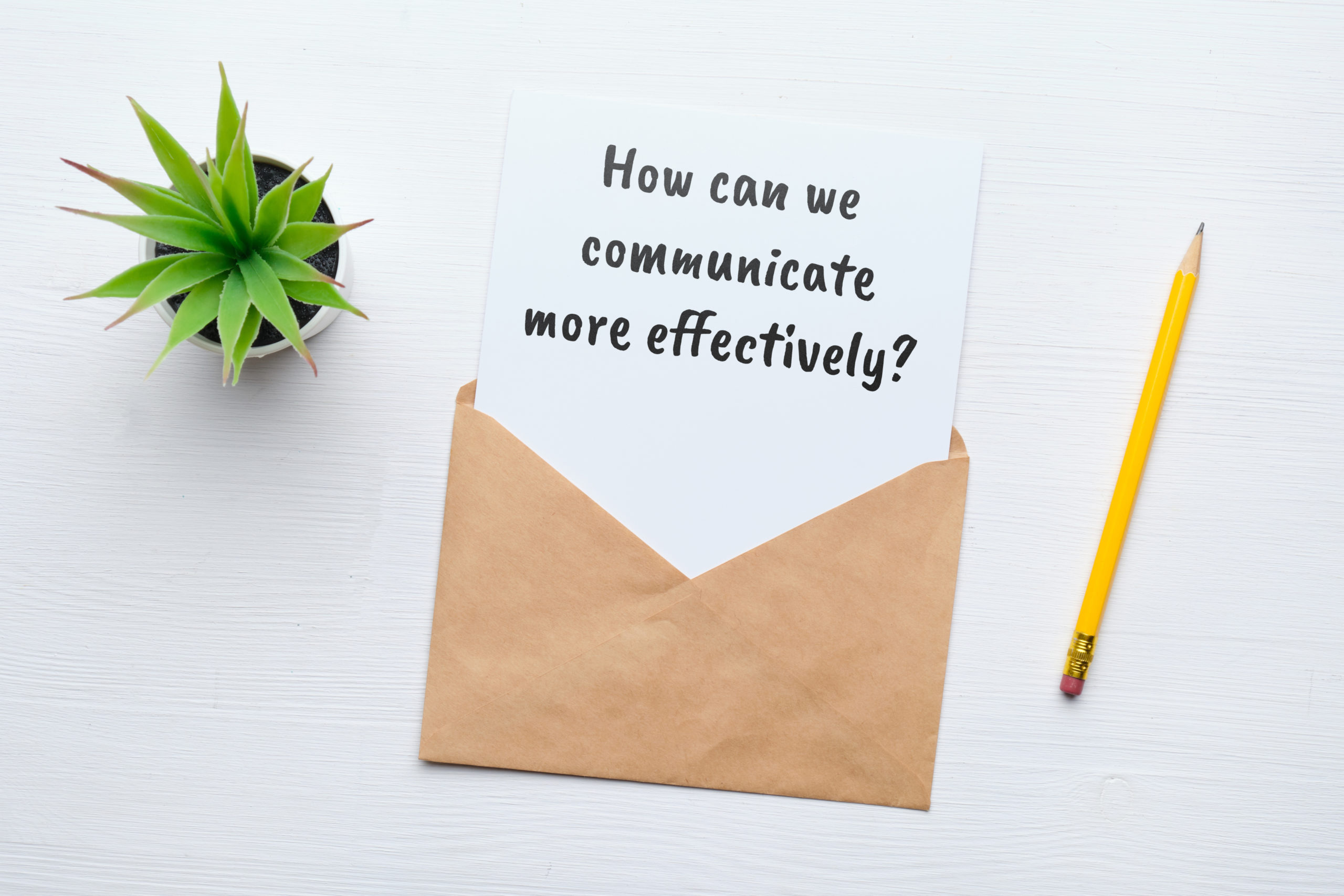The key to successful parenting is to openly communicate with your child. The key to boosting your child's self-esteem is effective two-way communication. Although encouraging and praising your child will help them grow, listening to them will also help them feel loved and valued.
We all know that children interpret language even before they start speaking. You probably already know that when children enter the first grade, they are still just discovering how to engage with their peers and find friends. At this age, your child might need help with language and learning better ways to talk about how they feel.
By paying attention to them, you can track how your child is developing their language skills. Setting up ways to talk to your child that are open and honest a little bit earlier will help them develop effective communication skills.
10 Exclusive Parenting Advice to Help Your Child Lead Tomorrow
1. Converse with Your Child Regularly
Children that struggle with communication might not want to speak at all. It is your responsibility to do everything in your power to help your youngster start or participate in the conversation. It will undoubtedly encourage your child to start opening up socially.
Talk about your destination while driving. Talk about the measures you're taking when preparing meals. Discuss each of your preferred episodes of the TV series during the ad breaks. Discuss topics that are pertinent to what’s going on in your kid's surroundings. Continue to introduce fresh ideas and words. Provide examples of sentences that your kid can use to initiate conversations.
2. Describe the Day
Encourage your kid to describe his or her day to you as in-depth as they can. Ask them about the best and worst aspects of school. This improves recollection and sequencing, two abilities that children who have difficulty communicating may have difficulty with. Also, describe your day to your children as well You could possibly say something about, “I went to the grocery shop today, guess what I noticed in the frozen food section?” Sharing in this way fosters a bond between you as a parent and your kid.
3. Listen to and Reflect on What Your Kid Says
Set a good example by listening to what others have to say and improving on it. After your kid has shared something with you, paraphrase a portion of what they said before asking a question. For example: “Wow, that art piece sounds like it required a great deal of patience. Which other projects would you find fascinating to work on? What more supplies would you require?”
4. Practice Conversations with Your Kid
Another way to develop effective communication skills is to help your child learn how to communicate well is to talking about the things that might scare them the most. Some of these things could be talking to other kids while waiting for the bus or sitting next to them at lunch. Then, simulate possible phrases your youngster might use. To encourage your kid to think about various scenarios, discussion themes, and reactions, take turns playing the part of each participant in the conversation.
5. Point Out Body Language
Children who have communication issues might not always be able to read nonverbal cues from other children. These hints are occasionally referred to as body language. Imagine demonstrating and understanding body language to your primary school kid. You can use phrases like "I'm folding my arms because I'm mad" to show your kid what it actually means.
6. Have Some Fun Conversations with Your Child
It can be challenging to think of something interesting to talk about after a stressful day. But you can do it by asking your child some interesting questions.
"What was the craziest thing you noticed at school today?" is one example of a question. I believe our car needs a complete cleaning. Can we do it ourselves or should we get it to the vehicle wash? What would you prefer to have control over? Bumpers? Vacuuming?” Ask such questions to engage your kid with you to develop effective communication skills.
As per HRPA, 63% of millennials say that they do not have developed their leadership skills. So, like any talent, communication skills may be improved with practice. By assisting a child in developing strong communication skills from an early age, you are giving them the tools they need to lead tomorrow's society today.

7. Read with Your Kid
It makes no difference what you read to your child. It's crucial that you work together to complete the task. If your child consistently chooses the same books for bedtime reading, you shouldn't be worried. Your youngster is growing in comprehension of the characters, stories, and terminology and is developing effective communication skills.
Read aloud to each other in shifts, even if your kid only adds a few words each time. Talk about the story, the characters, the setting, and any new words you learned after finishing a book or TV series.
8. Teach Your Kid How to Play Conversational “Catch”
Try introducing your youngster to the back-and-forth flow of conversations, in order to develop effective communication skills: As an illustration, consider the following:
Player 1 asks a question while hurling a ball. "How is school going?" Player 2 picks up the ball and provides the response. Player 2 should still ask another pertinent inquiry, though, before returning the ball. (“Good! The math club is performing well, right?") Your child should feel at ease engaging in conversation.
9. Ask Your Kid’s Opinion
Children must consider their sentiments in order to communicate. Consult your child about daily choices. The topic of discussion can be as straightforward as where to go for a library visit or how you might enjoy your vacation.
Consult your kid's viewpoint on pertinent issues. Questions like "Should the opposing team has won?" Do you recall recent news stories? It's a good idea to practice using "I think" or "I believe" statements to start conversations in order to develop effective communication skills.
10. Encourage Your Kid to Keep a Journal
After some time to reflect on their ideas, some children find it simpler to communicate with others. It could be beneficial to journal or keep a diary of your daily activities and emotions. Your child may find it simpler to formulate and express ideas through this procedure. When someone inquires about what has been happening, this may ultimately help your youngster feel more ready and secure.
How Effective Communication Skills Shape Your Kid's Future?
The ability to communicate effectively is crucial in today's society. To develop effective communication skills, kids require their parents' right direction and support. Productive and friendly communication is influenced by a variety of things. It comprises emotional control, proper grammatical usage, effective listening abilities, and self-discipline. It is necessary for parents to begin teaching their kids communication skills at a young age. With their guidance, their children will develop strong communication skills that will be very helpful to them in the future.

